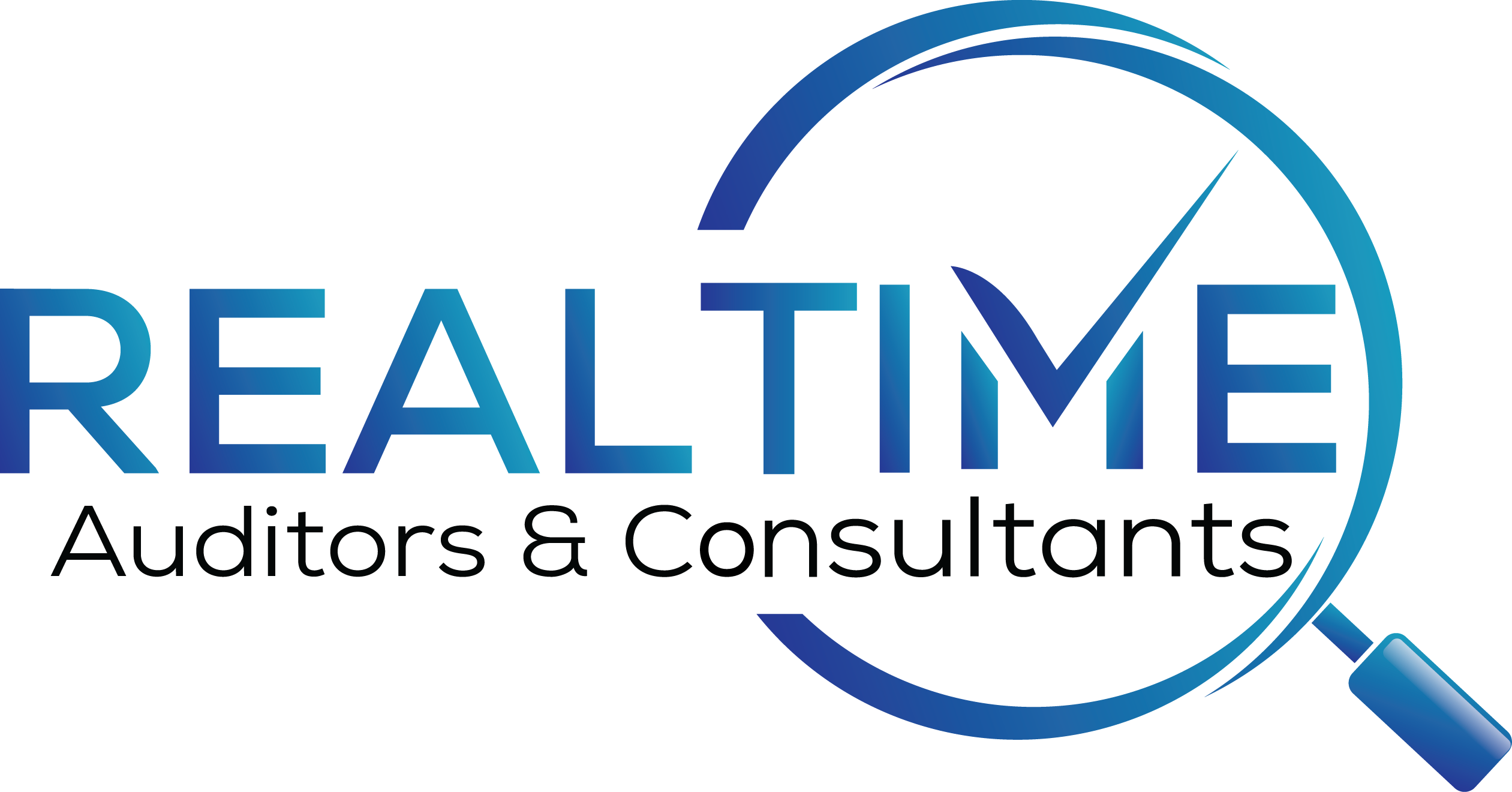Maximizing Efficiency and Financial Health
In the realm of business strategy, corporate tax planning stands as a pivotal tool for ensuring financial health and maximizing efficiency. While often viewed as a cumbersome necessity, effective tax planning can yield significant advantages beyond mere compliance. It empowers businesses to strategically manage their tax liabilities, optimize cash flow, enhance profitability, and maintain competitive advantage in a dynamic economic landscape. Real Time Auditors And Consultants explores the multifaceted benefits of corporate tax planning, illustrating its critical role in fostering sustainable growth and success.
Understanding Corporate Tax Planning
Corporate tax planning involves the strategic structuring of business activities and transactions to minimize tax liabilities while remaining compliant with legal obligations. It encompasses a range of techniques and strategies aimed at optimizing tax efficiency without engaging in tax evasion or illegal practices. At its core, effective tax planning by Real Time Consultants seeks to align financial decisions with tax laws and regulations to achieve the most favorable outcomes for the company.
1. Minimization of Tax Liabilities
One of the primary benefits of corporate tax planning is the ability to minimize tax liabilities legally. By leveraging available deductions, credits, exemptions, and incentives, businesses can reduce their overall tax burden. For example, strategic timing of expenses, such as investments in research and development or capital expenditures, can lower taxable income in a given year, thereby reducing the amount of tax owed.
Moreover, carefully considering tax jurisdictions and international tax laws enables multinational corporations to optimize their global tax exposure. Through transfer pricing and profit shifting, businesses can allocate income to jurisdictions with lower tax rates, effectively lowering their worldwide tax liabilities.
2. Enhanced Cash Flow Management
Effective tax planning contributes to improved cash flow management, which is crucial for sustaining operations and funding growth initiatives. With the help of Real Time Auditors And Consultants, minimizing tax payments and maximizing available cash, businesses can allocate resources more efficiently towards strategic investments, debt repayment, or dividend distributions. This liquidity flexibility provides a competitive edge, especially during economic downturns or periods of financial volatility.
3. Facilitation of Strategic Decision-Making
Tax considerations significantly influence strategic decision-making within organizations. Tax planning allows businesses to assess the financial implications of various options, such as mergers and acquisitions, restructuring, or expansion into new markets. By evaluating the tax consequences of these decisions in advance, companies can choose the most tax-efficient strategies that align with their long-term objectives.
Furthermore, tax planning fosters innovation and encourages investment in research and development (R&D) through tax incentives like R&D tax credits. These incentives promote technological advancements and stimulate economic growth by supporting industries that drive innovation.
4. Compliance and Risk Mitigation
Adherence to tax laws and regulations is paramount for corporate governance and sustainability. Effective tax planning ensures compliance with evolving tax laws, thereby mitigating the risk of penalties, fines, or reputational damage associated with non-compliance. By staying informed about changes in tax legislation and engaging in proactive tax planning, businesses can navigate regulatory complexities with confidence.
5. Improved Profitability and Stakeholder Value
Ultimately, the culmination of efficient tax planning strategies translates into improved profitability and enhanced stakeholder value. By optimizing financial performance through reduced tax expenditures and increased cash flow, businesses can generate higher net income and return on investment for shareholders. This, in turn, strengthens investor confidence, supports stock price appreciation, and attracts capital for future growth initiatives.
6. Long-Term Financial Sustainability
Corporate tax planning plays a pivotal role in fostering long-term financial sustainability. By integrating tax considerations into strategic planning processes, businesses can adapt to changing market conditions, regulatory environments, and economic uncertainties. This proactive approach by Real Time Auditors not only safeguards against financial risks but also positions companies to capitalize on emerging opportunities and maintain resilience in competitive markets.
Case Study: The Impact of Effective Tax Planning
Consider the case of Company X, a multinational corporation operating in the technology sector. Through comprehensive tax planning strategies, Company X strategically utilizes tax credits for its extensive R&D activities, resulting in substantial tax savings. By optimizing its global tax structure and leveraging international tax treaties, Company X minimizes its effective tax rate while complying with regulatory requirements. As a result, the company enhances its profitability, reinvests in innovation, and maintains a competitive edge in the global marketplace.
Conclusion
In conclusion, corporate tax planning is not merely a financial exercise but a strategic imperative with the help of Real Tine Consultants for businesses aiming to achieve sustainable growth and maximize shareholder value. By minimizing tax liabilities, enhancing cash flow management, facilitating strategic decision-making, ensuring compliance, and improving profitability, effective tax planning empowers organizations to navigate complexities and seize opportunities in an evolving economic landscape.
As businesses continue to adapt to regulatory changes and global market dynamics, the role of tax planning becomes increasingly pivotal. Embracing proactive tax strategies enables companies to not only mitigate risks but also drive innovation, foster long-term financial sustainability, and create value for stakeholders. Therefore, integrating tax planning into overall business strategy remains essential for maintaining competitiveness, resilience, and profitability in today’s interconnected world.



